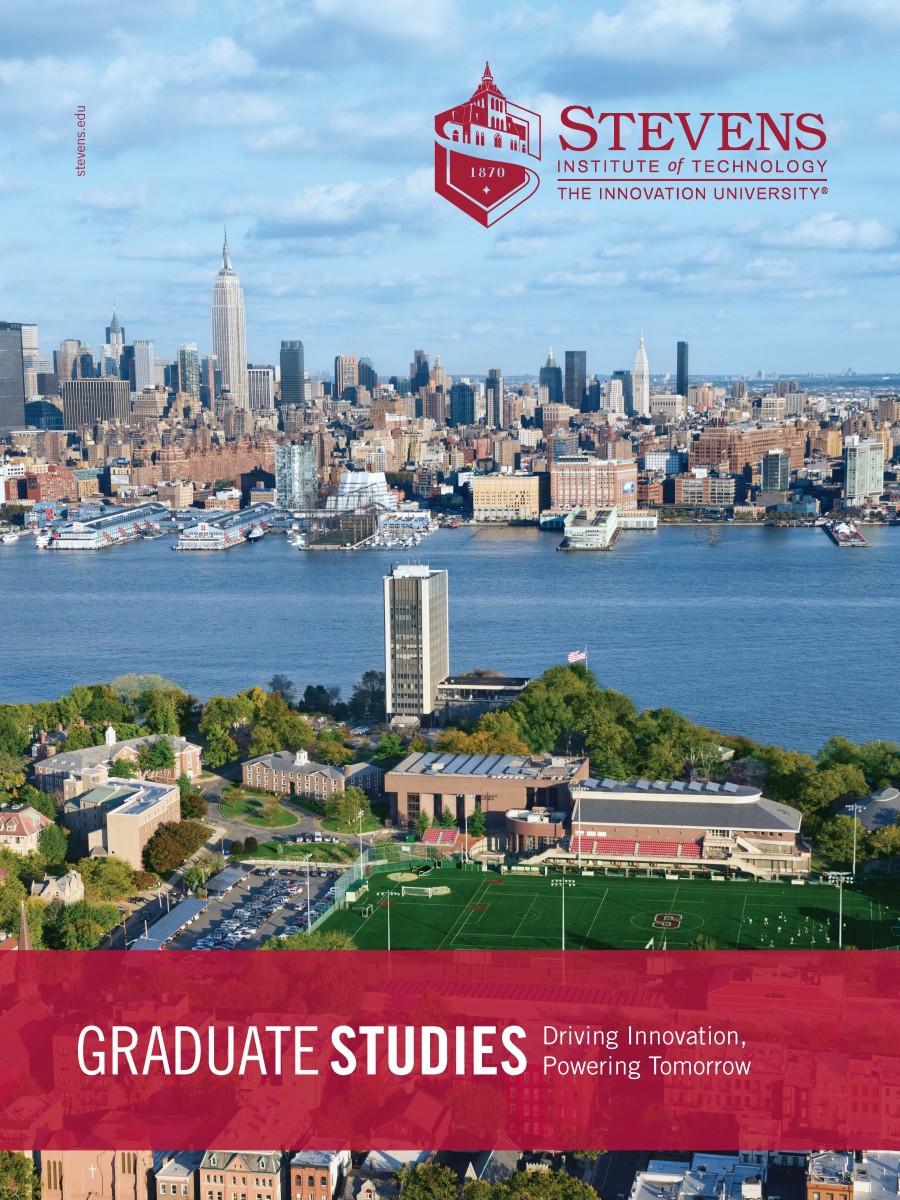Beyond the Classroom: Alternative Career Paths with a Master’s in Education
Beyond the classroom: alternative career paths with a master’s in education
A master’s in education equips graduate with valuable skills that extend air beyond the traditional classroom setting. While teaching remain a noble profession, many education degree holders seek alternative career paths that leverage their expertise in learning, development, and educational theory. The good news is that the skills acquire through an education degree — communication, leadership, curriculum development, and understanding of learn processes — are extremely transferable to numerous industries.
Corporate training and development
One of the virtually natural transitions for education graduates is into corporate training and development. In this role, you will apply your teaching skills to adult learners in a business setting.
Training manager
As a training manager, you will oversee employee development programs, design training curricula, and will evaluate their effectiveness. Companies value education graduates for their ability to create engage learning experiences and measure outcomes — skill flat transferable from classroom teaching.
Training managers typically earn competitive salaries, with median pay importantly higher than many teaching positions. The role besides offer greater schedule flexibility compare to traditional teaching, with less take homework and more predictable hours.
Instructional designer
Instructional designers create educational materials and experiences for various settings. They transform complex information into digestible learning modules, whether for corporate training, online courses, or professional development programs.
Your education background provides the perfect foundation for understand how people learn and retain information. Instructional designers work in diverse environments — from corporations and healthcare organizations to government agencies and consulting firms.
Educational technology
The rapid growth of educational technology (edtech )has crcreatedumerous opportunities for education graduates who understand both pedagogy and technology.
Edtech specialist
Edtech specialists bridge the gap between educators and technology. They help implement digital learning tools, train users, and evaluate technology effectiveness. With your education background, you understand learn objectives and can assess whether technology solutions really improve educational outcomes.
This role exists in k 12 schools, higher education institutions, and progressively in edtech companies develop new products and services.
Learn experience (lLX)designer
Learn experience designers focus on create optimal educational experiences across digital platforms. They combine principles of user experience design with educational theory to develop engage, effective online learning environments.

Source: resources.noodle.com
Your understanding of how people learn and process information make you valuable in this grow field. LX designers work for edtech companies, online learning platforms, and organizations develop internal training programs.
Educational leadership and administration
Many education graduates move into leadership roles that shape educational systems without daily classroom teaching.
School administrator
Positions such as principal, vice principal, dean, or department chair allow you to influence education at a systems level. While these roles oft require teaching experience, they focus more on leadership, management, and educational vision.
School administrators develop policies, manage budgets, supervise staff, and create positive learning environments. Your education degree provides the pedagogical knowledge need to make informed decisions about curriculum and teaching approaches.
Education policy analyst
Policy analysts research, analyze, and help develop educational policies at local, state, or federal levels. They may work for government agencies, think tanks, advocacy organizations, or research institutions.
This role leverage your understanding of educational systems and learn theories to evaluate policy effectiveness and recommend improvements. Policy analysts frequently focus on specific areas like early childhood education, special education, or higher education access.
Curriculum development
Curriculum developers create educational content and learn materials for various contexts, from textbooks and assessment tools to online courses.
Curriculum specialist
These professionals design, evaluate, and update educational curricula to ensure they meet learn standards and incorporate effective teaching strategies. They may work for school districts, educational publishers, or curriculum development companies.
Your education degree provides essential knowledge about learn progression, assessment design, and instructional strategies — wholly critical to develop effective curricula.
Content developer for educational publishers
Educational publishers need specialists who understand pedagogy to create textbooks, digital learn materials, assessment tools, and teacher resources. Content developers ensure materials are age appropriate, align with standards, and didactically sound.
This role combine creative work with educational expertise, allow you to impact learning on a large scale without being in the classroom.
Higher education administration
Colleges and universities offer numerous non teaching roles for education graduates.
Academic advisor
Academic advisors guide students through their educational journeys, help them select courses, understand degree requirements, and connect with campus resources. Your understanding of educational pathways and student development make this a natural fit.

Source: moneywiseteacher.com
This role offer direct student interaction without classroom teaching, allow you to make a significant impact on student success.
Admissions counselor
Admissions professionals evaluate applications, recruit prospective students, and help shape incoming classes. They need strong communication skills and an understanding of educational pathways — qualities education graduate possess.
The role involve relationship building, public speaking, and data analysis, offer a dynamic alternative to classroom teaching.
Non-profit and community education
Education extends beyond formal schooling, create opportunities innon-profitt and community organizations.
Program director for educational non-profits
Educational non-profits need leaders who understand learn theory and program development. As a program director, you might oversee after school initiatives, literacy programs, or educational outreach efforts.
This role combine educational expertise with leadership, community engagement, and much grant writing and fundraising skills.
Museum educator
Museums, science centers, zoos, and cultural institutions employ educators to develop and deliver educational programming. These roles involve create exhibits, design learning experiences, and sometimes lead workshops or tours.
Museum education allow you to teach in a less formal environment, much focus on specific subject areas that align with your interests.
Educational consulting
Experienced education professionals can leverage their expertise as consultants.
Independent educational consultant
These professionals advise students and families on educational decisions, from school selection to college applications. They need deep knowledge of educational systems and student development — strengths of education degree holders.
This role offer entrepreneurial opportunities and schedule flexibility, allow you to build a practice align with your interests and expertise.
Organizational learning consultant
Organizations across sectors hire consultants to improve their learning and development approaches. These consultants assess current practices, recommend improvements, and sometimes help implement new learning initiatives.
This role allows you to apply educational theory in diverse contexts while enjoy the variety and autonomy of consult work.
Educational research
For those interested in advance educational knowledge, research offer rewarding pathways.
Educational researcher
Researchers investigate questions about teaching methods, learn processes, educational technology, and policy effectiveness. They may work for universities, research institutions, think tanks, or government agencies.
Your education degree provides the theoretical foundation need to design meaningful studies and interpret results. Many research positions require advanced degrees, make a master’s in education a valuable step stone.
Assessment specialist
Assessment specialists design, implement, and analyze educational assessments to measure learn outcomes. They work for test companies, school districts, state education departments, and research organizations.
This role leverage your understanding of learn objectives and measurement, allow you to influence educational quality through better assessment practices.
Student support services
Education graduates excel in roles focus on support student success outside the classroom.
School counselor
School counselors support students’ academic, social, and emotional development. While this role typically require specific credentials beyond an education degree, your background provides a strong foundation.
Counselors help students navigate educational choices, personal challenges, and career planning — make a profound impact without classroom teaching.
Career counselor
Career counselors help individuals make informed educational and professional choices. They may work in k 12 schools, colleges, workforce development centers, or private practice.
Your understanding of educational pathways and learn styles help you guide clients toward fulfil career options align with their strengths and interests.
Publishing and media
Education graduates can contribute to educational publishing and media production.
Educational writer
Writers with education backgrounds create articles, books, blogs, and other content about teaching, learning, and educational issues. They may work for educational publications, websites, or as independent authors.
This role allows you to share educational insights with broad audiences while develop your writing skills.
Educational media producer
Producers create educational videos, podcasts, and other media content. They need to understand learn objectives and audience needs — strengths of education graduates.
With the growth of educational media across platforms, these opportunities continue to expand for those who combine educational knowledge with media production skills.
Leverage your education degree for career transitions
When pursue non teaching careers with your education degree, consider these strategies:
Identify transferable skills
Education degrees develop valuable skills applicable across sectors:
- Communication and presentation abilities
- Curriculum and program development
- Assessment design and evaluation
- Understanding of human development and learning processes
- Project management and organization
- Leadership and facilitation
When apply for non teaching roles, emphasize these transferable skills instead than focus entirely on classroom teaching experience.
Gain relevant experience
To transition into new fields:
- Volunteer for projects that build desire skills
- Seek internships or part-time work in target industries
- Join professional organizations in your area of interest
- Take additional courses to fill knowledge gaps
- Develop a portfolio demonstrate relevant projects and accomplishments
Many education graduates find that small steps toward new fields finally lead to significant career changes.
Network strategically
Connect with professionals in your target field:
- Attend industry conferences and events
- Join LinkedIn groups relate to your interests
- Conduct informational interviews with professionals in desire roles
- Connect with fellow education graduates who have make similar transitions
Network oftentimes uncover opportunities not advertise publically and provide insights into industry expectations.
Conclusion
A master’s in education open doors far beyond the traditional classroom. The skills you’ve developed — understand how people learn, communicate complex ideas efficaciously, design educational experiences, and evaluate outcomes — are valuable across numerous industries and roles.
Whether you’re look to leave education wholly or expand your impact beyond classroom teaching, your degree provprovidestrong foundation for diverse career paths. By identify your transferable skills, gain relevant experience, and network strategically, you can leverage your educational expertise in exciting new directions.
The world need educational expertise in countless contexts — from corporations and non-profits to technology companies and government agencies. Your understanding of learning and development can create positive change in whatever field you choose to pursue.



